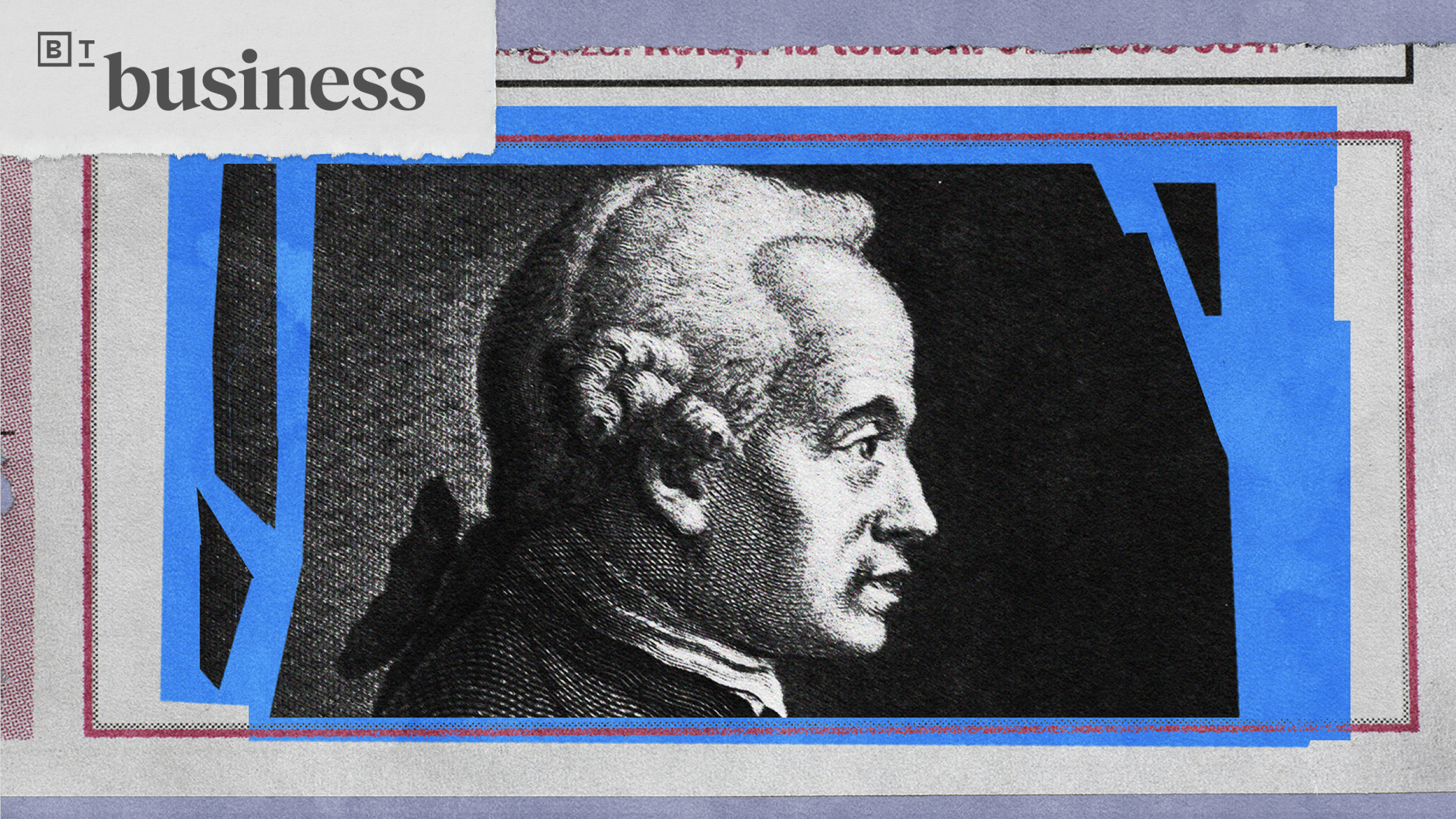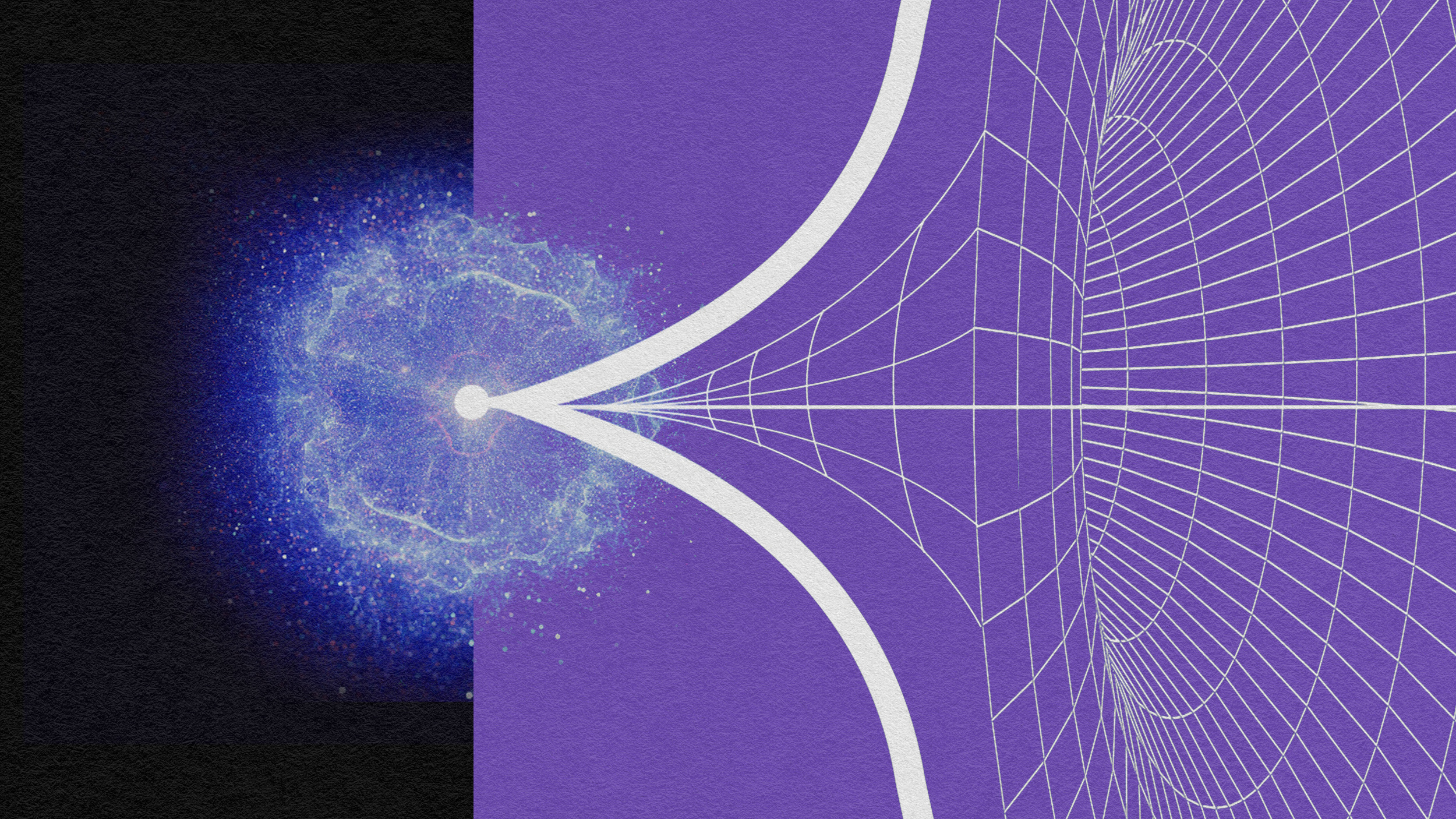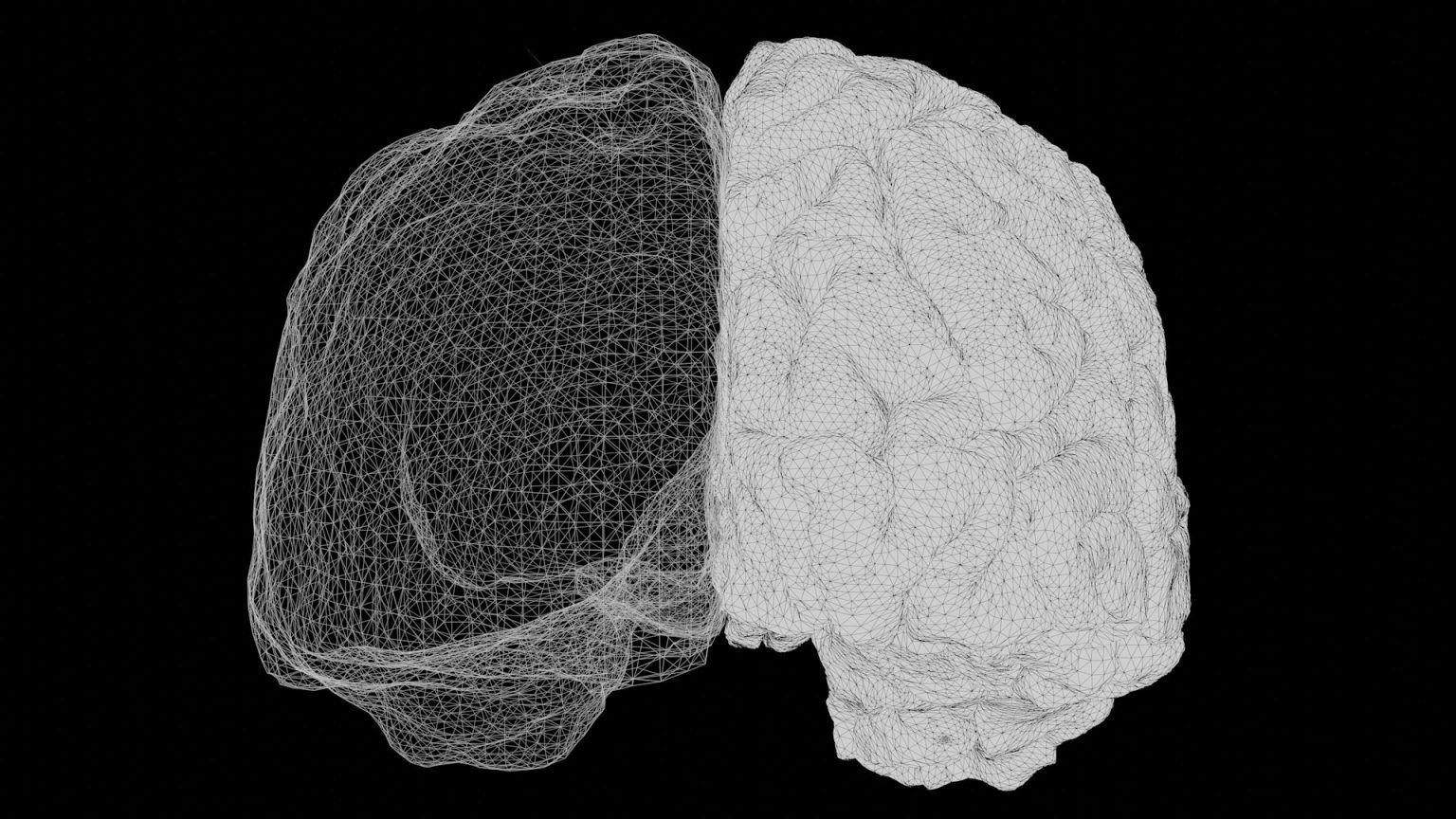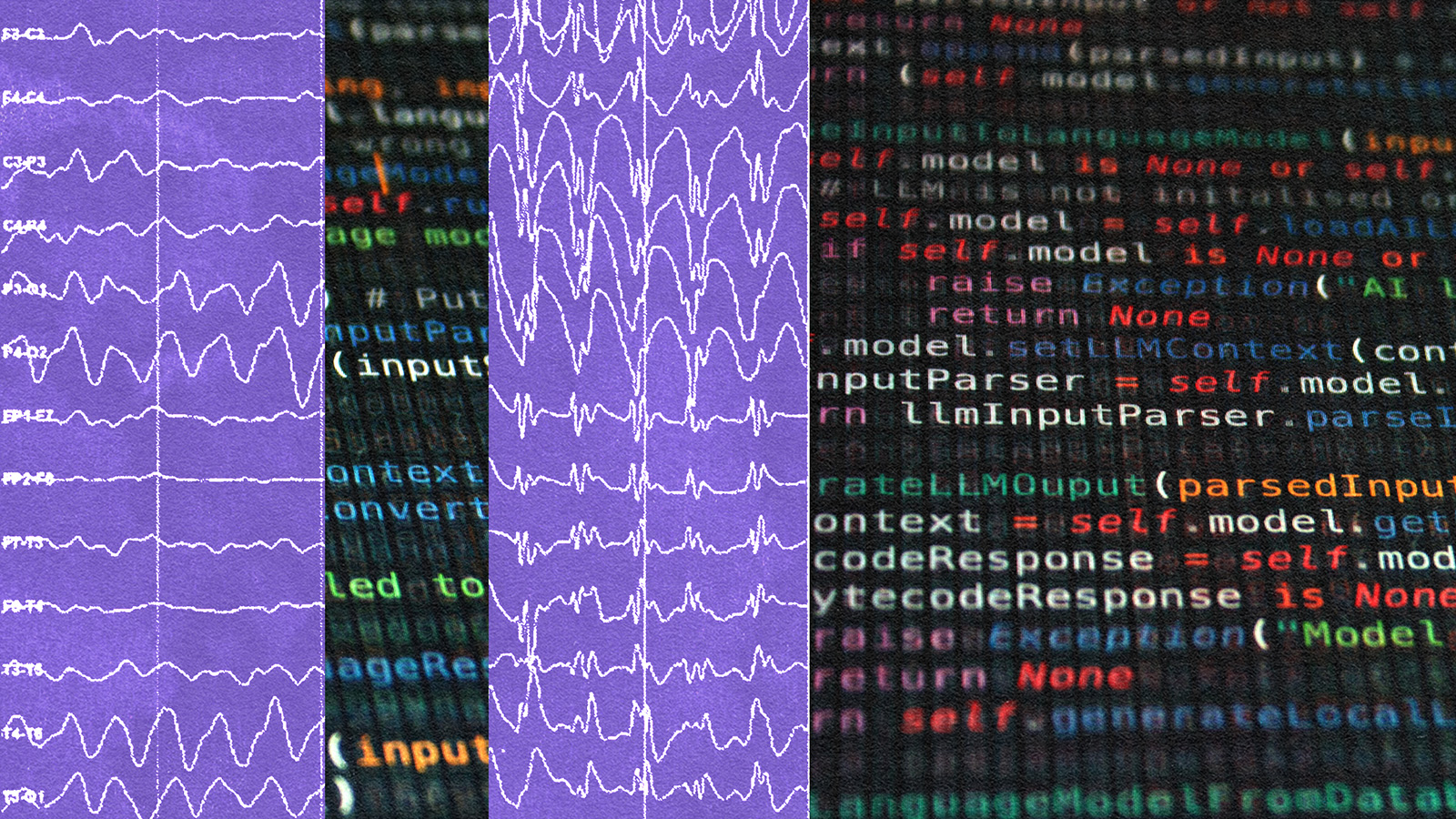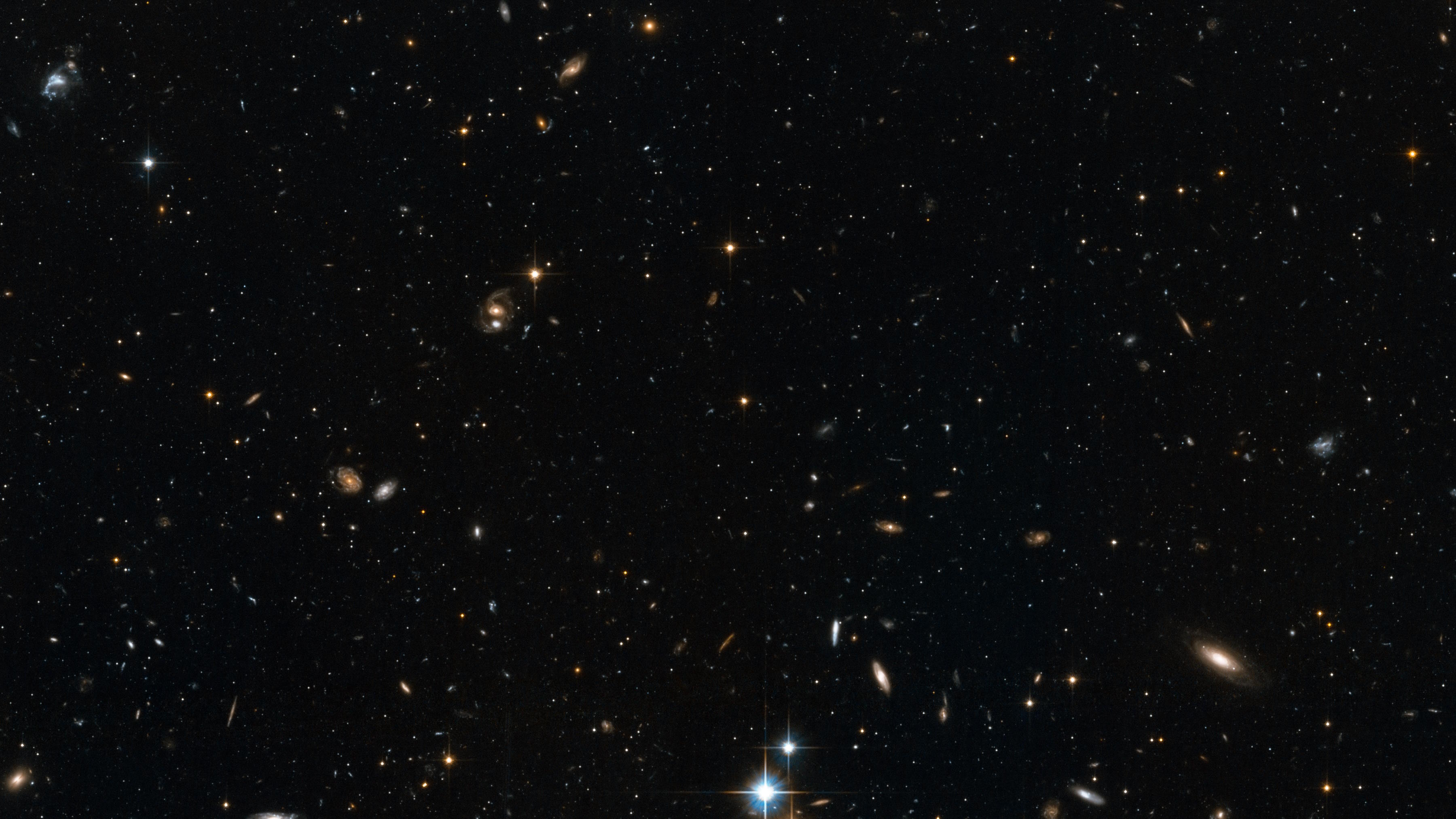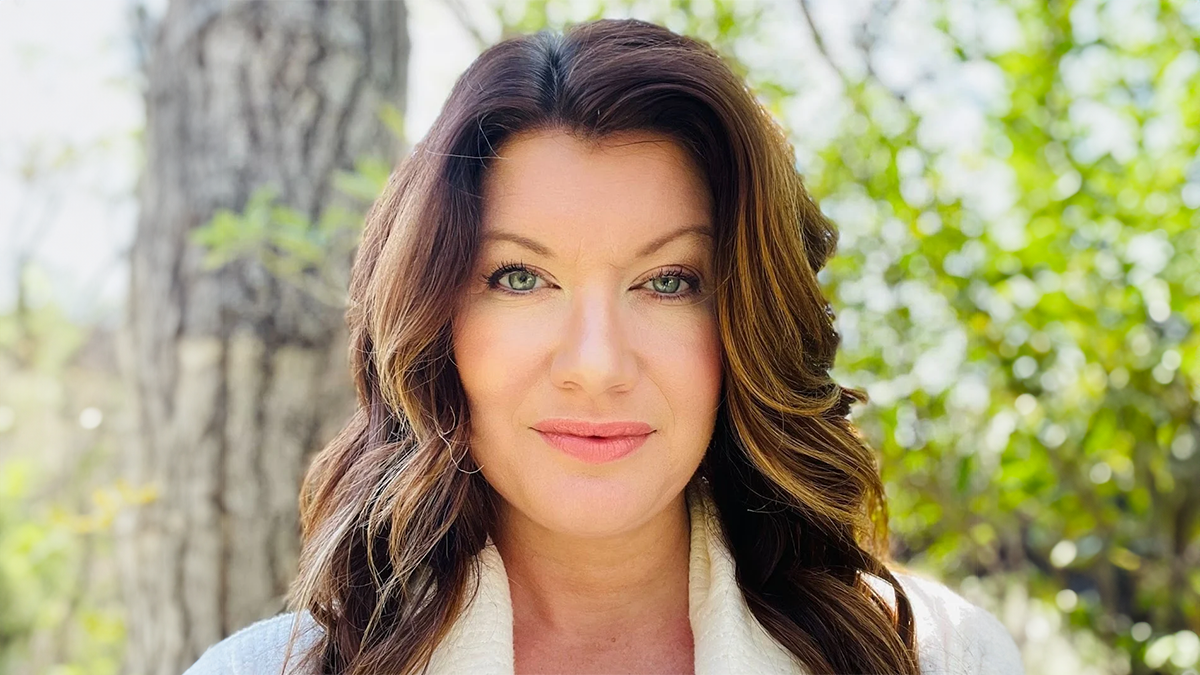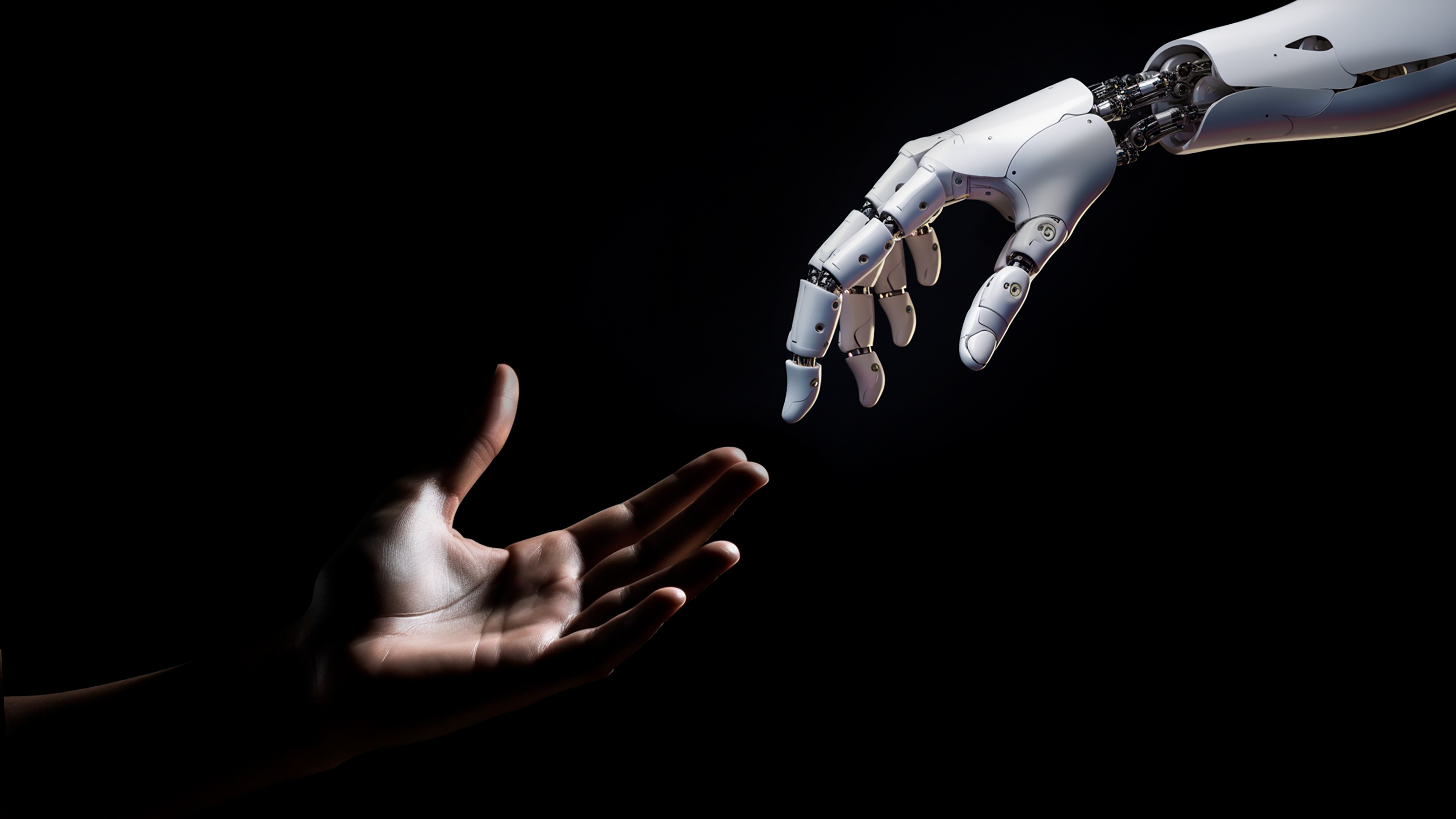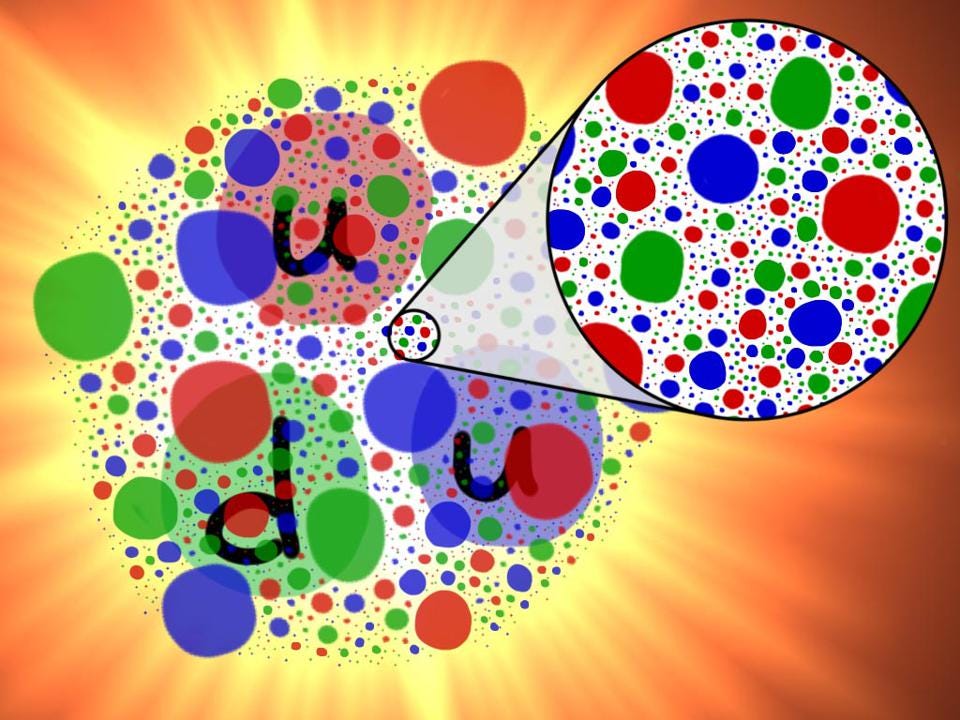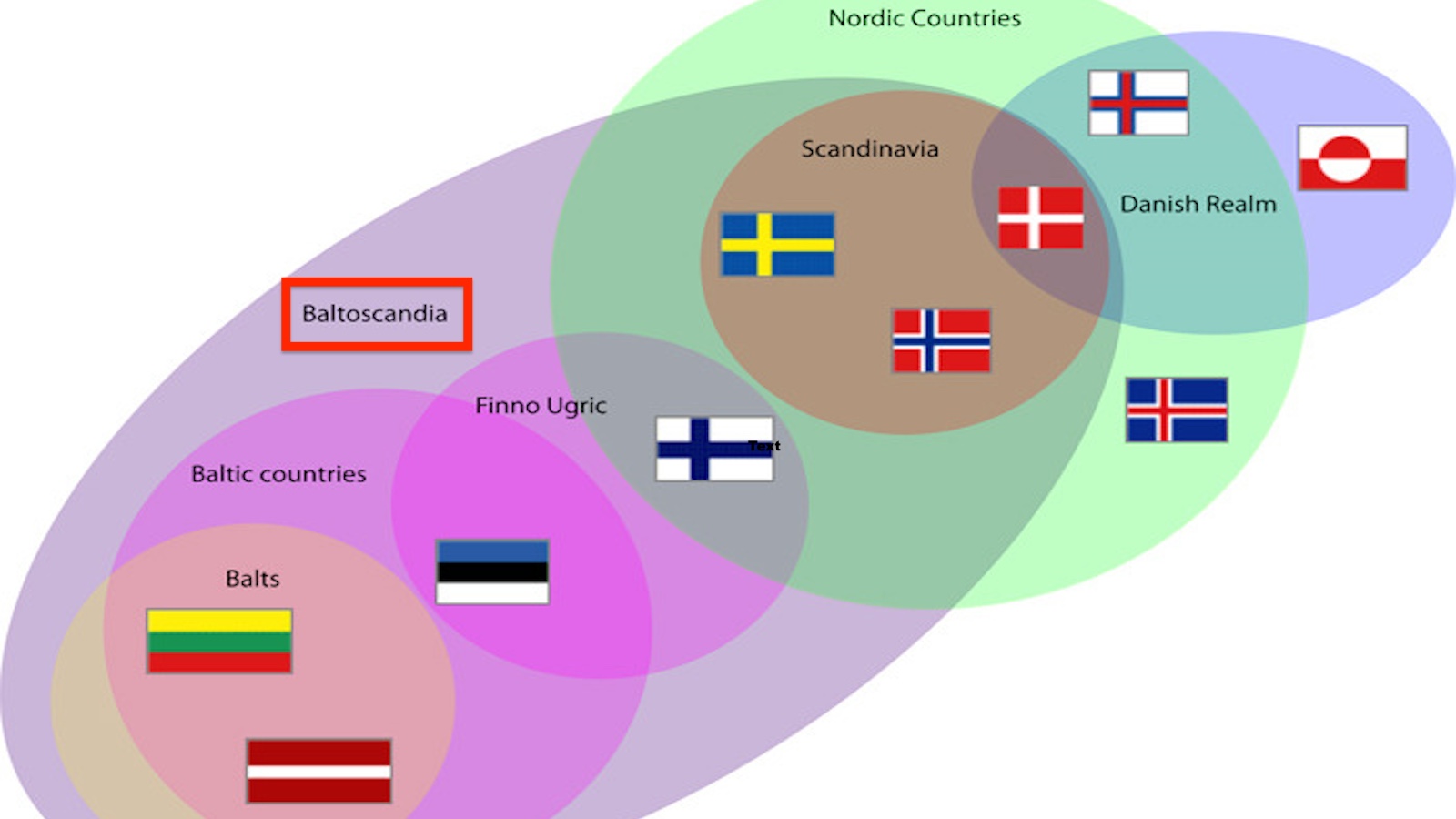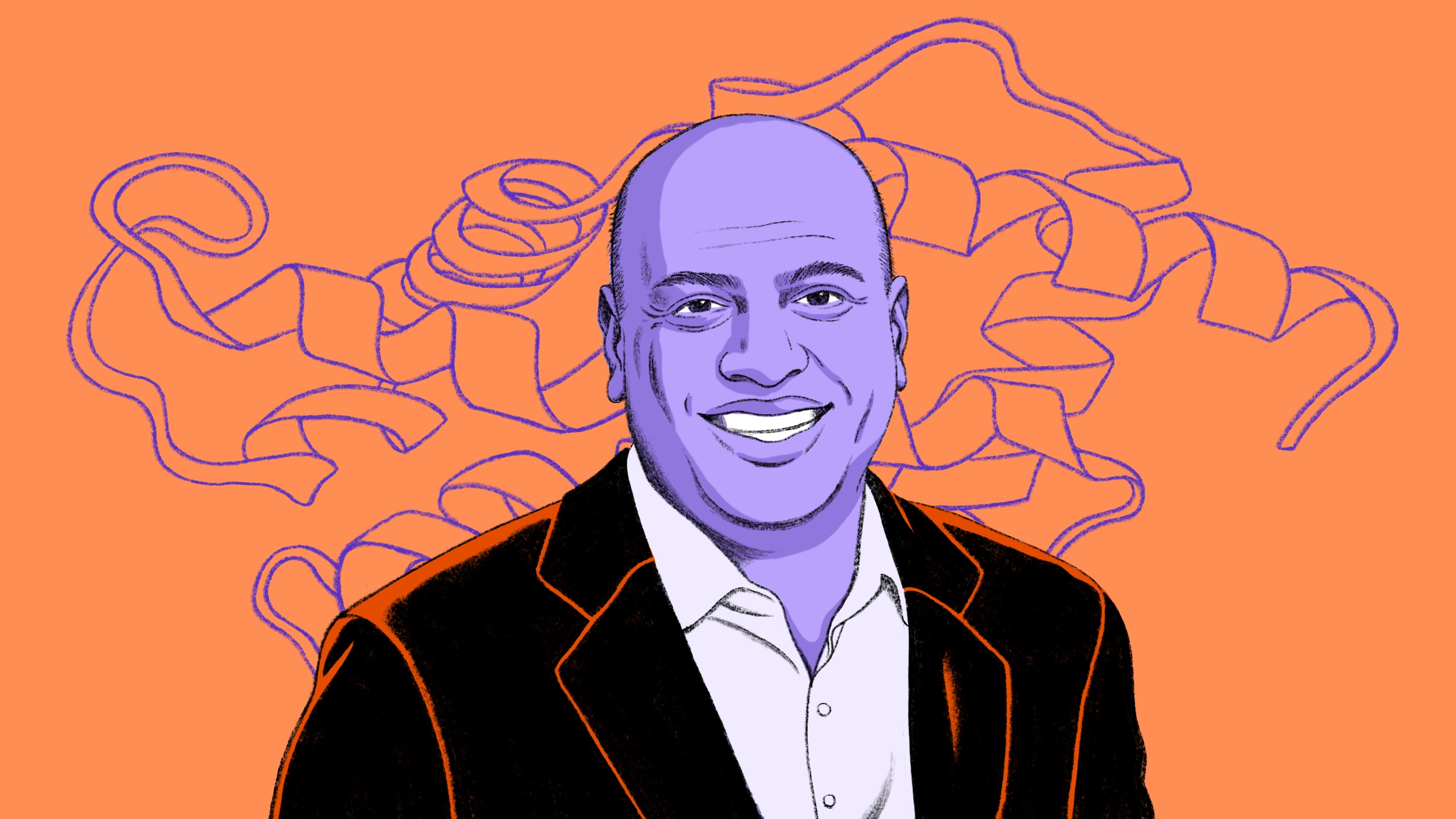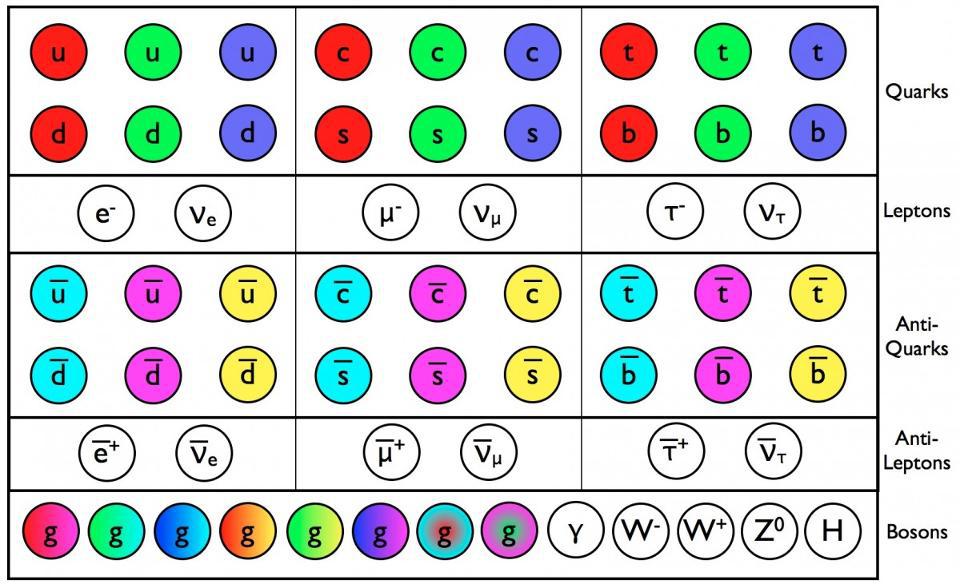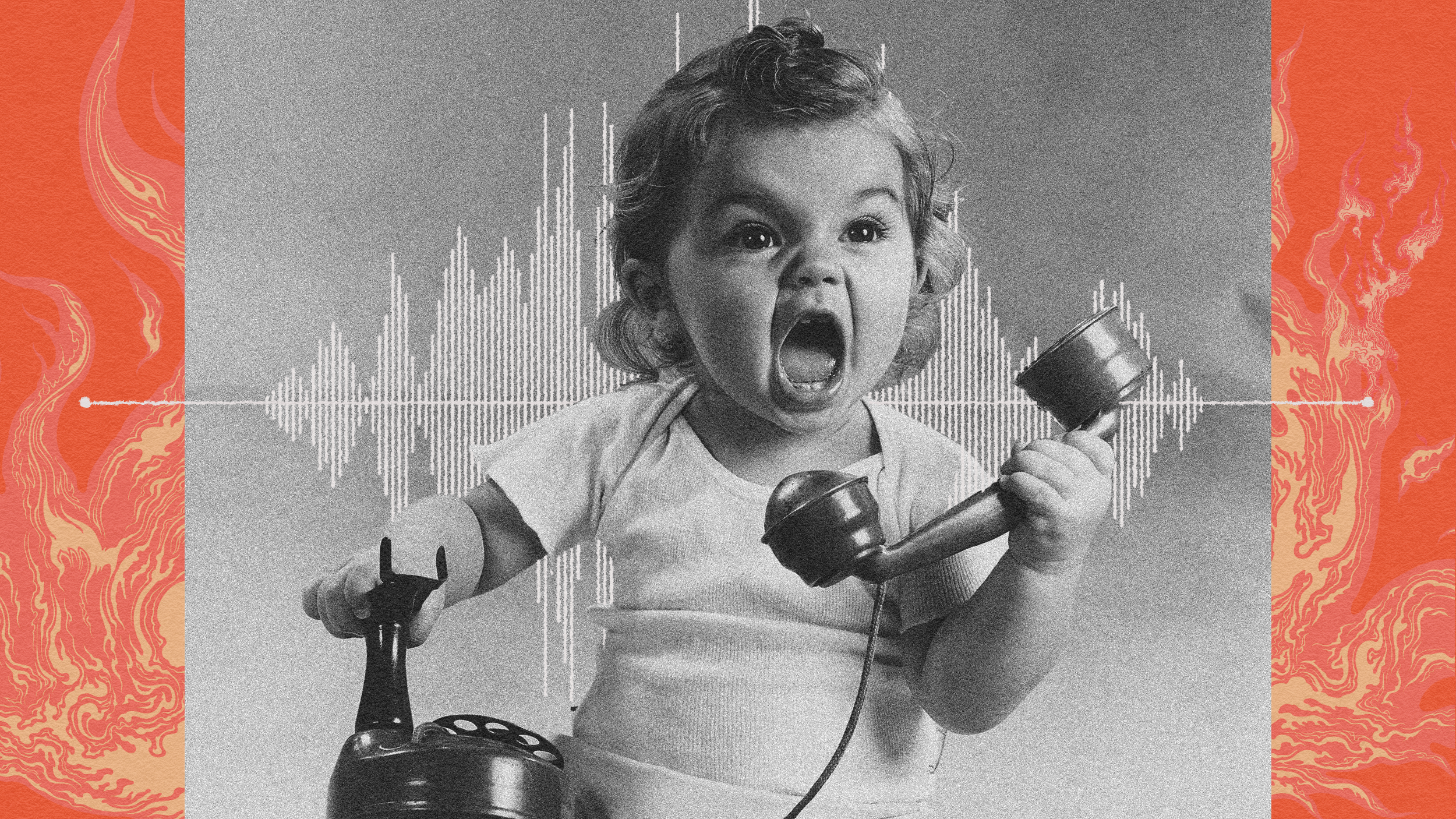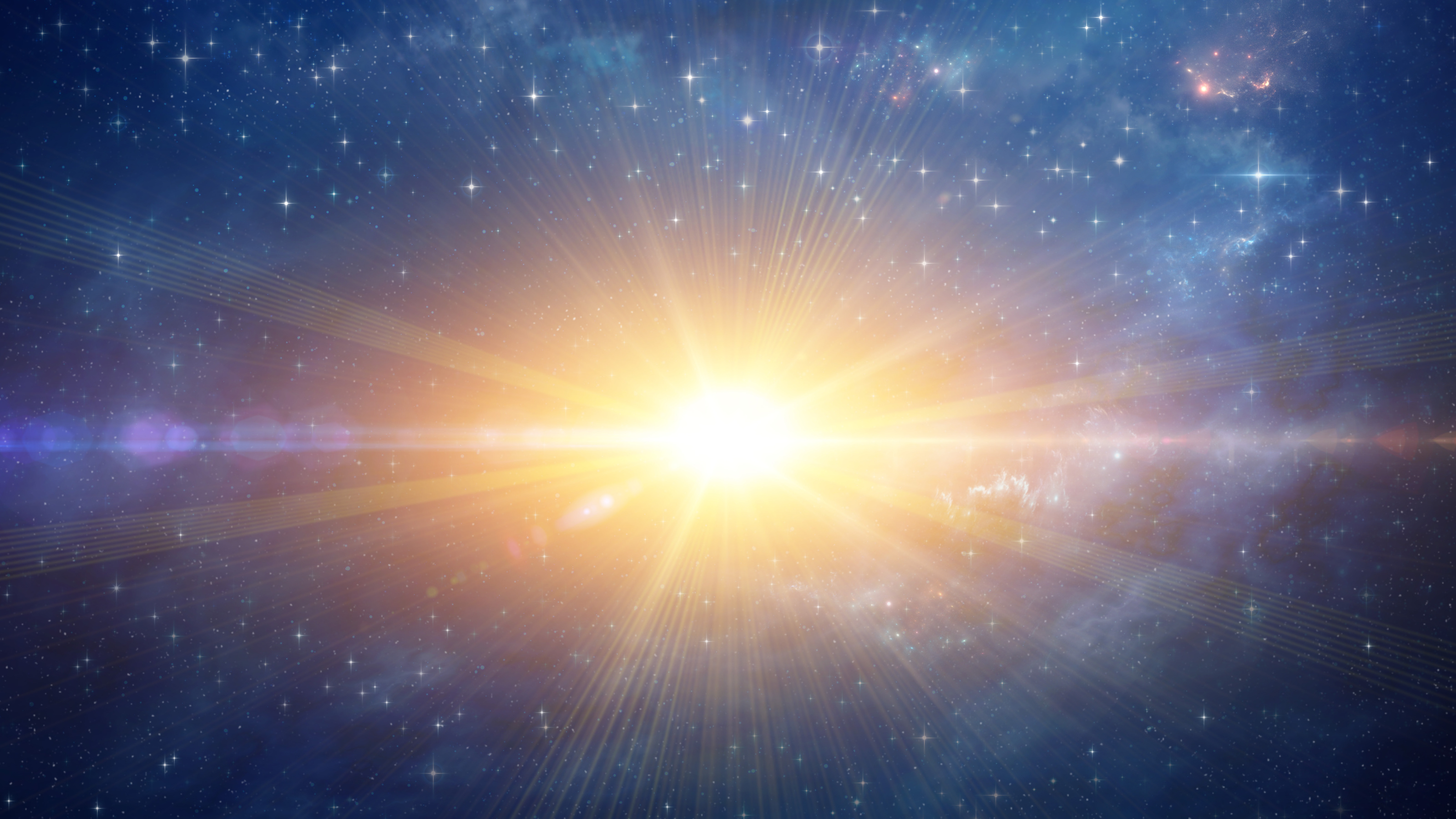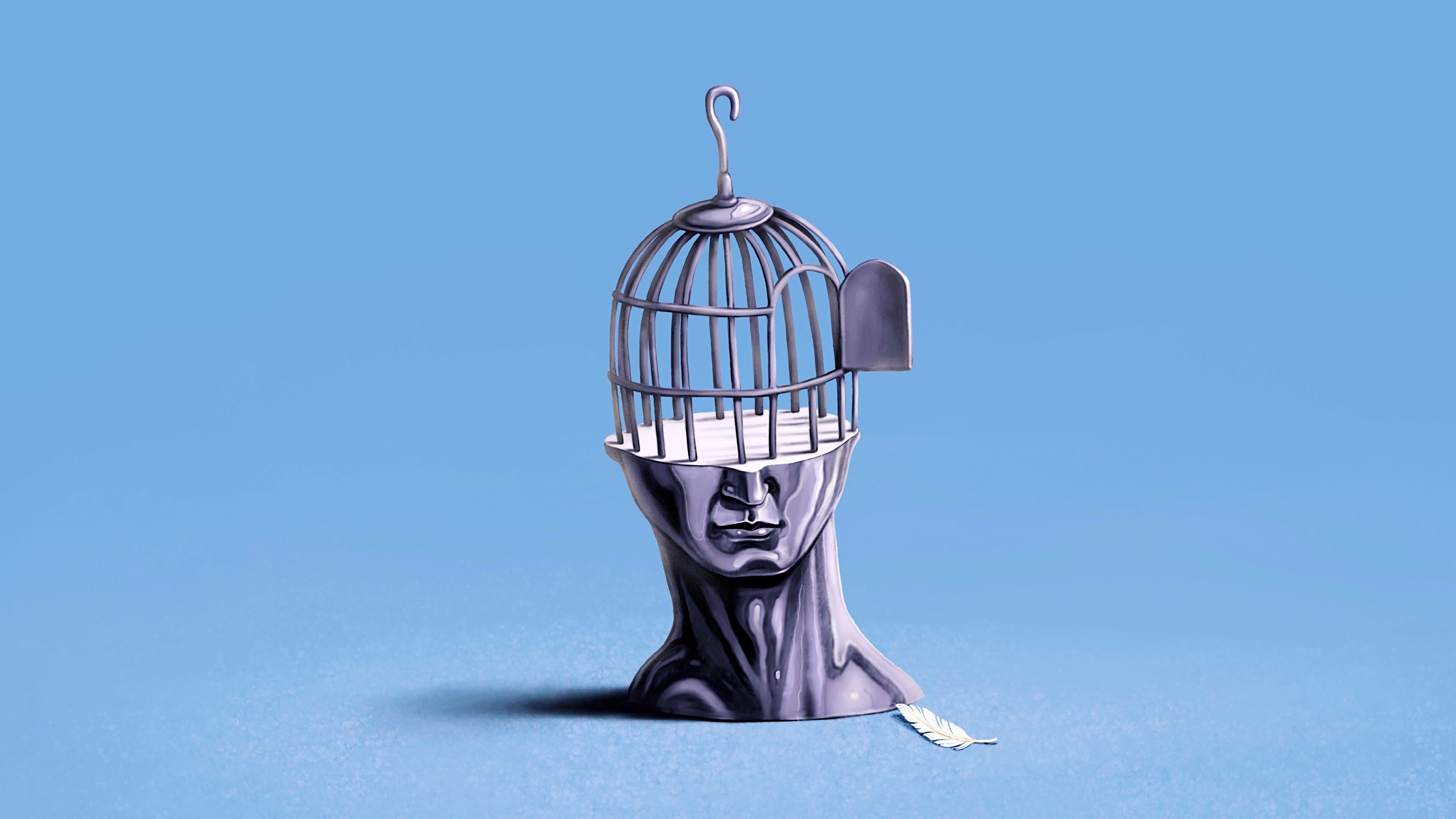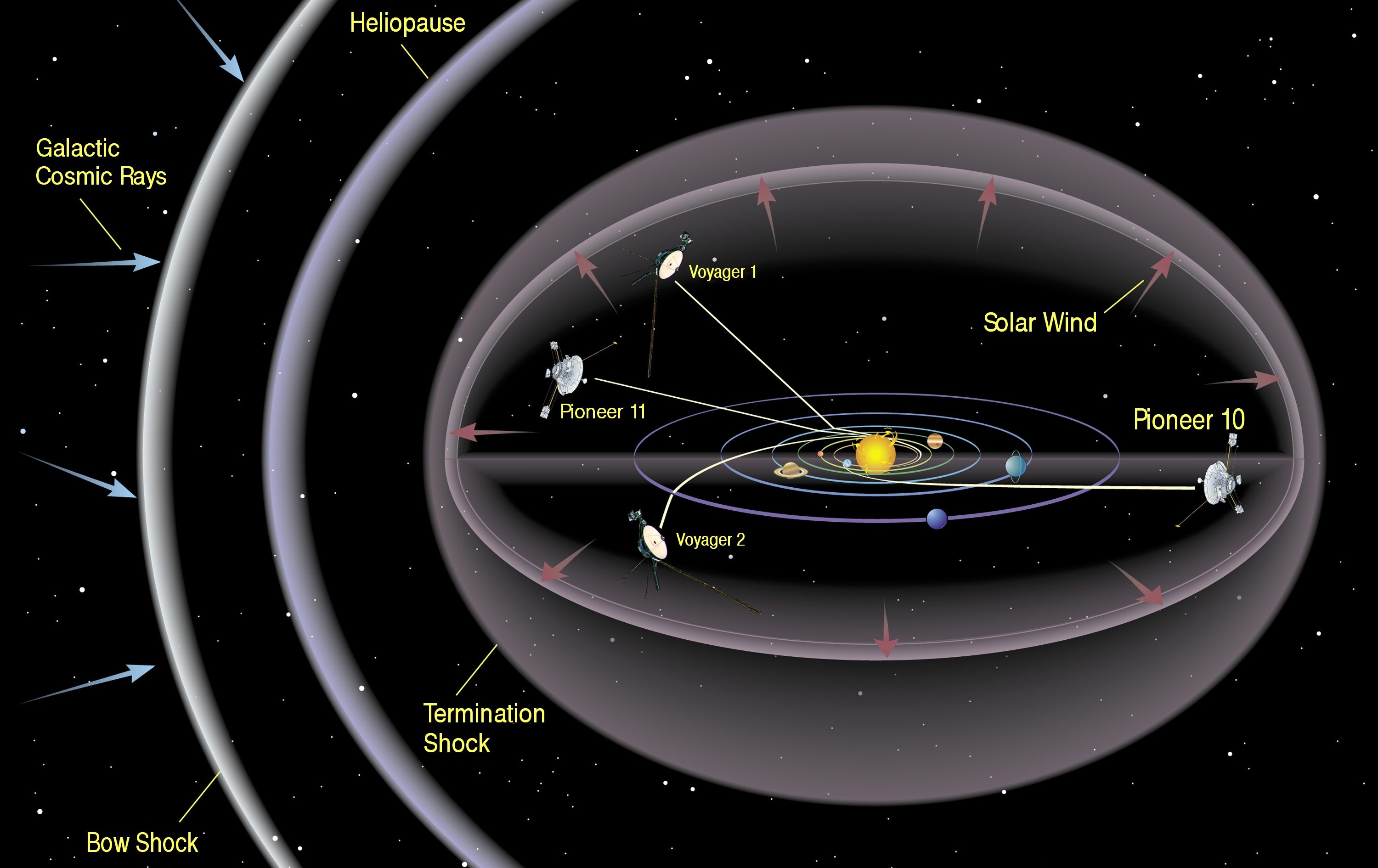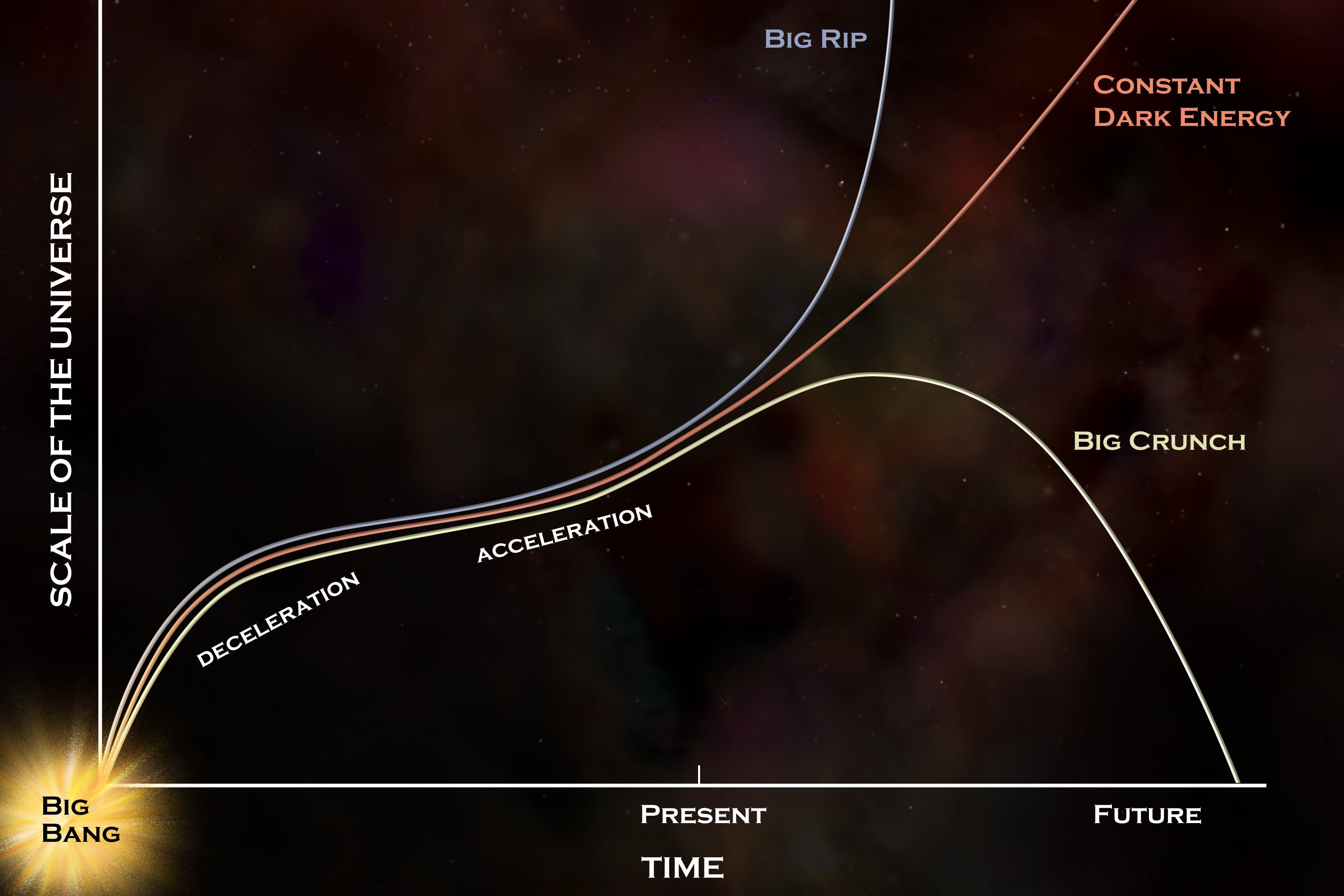A reader asks whether we have an ethical responsibility to always debate bad beliefs, especially those that come from our elders.
All Articles
The road from Kant to modern cognitive psychology has taught us much about our mental filtering systems.
If you bring too much mass or energy together in one location, you’ll inevitably create a black hole. So why didn’t the Big Bang become one?
A new framework describes how thought arises from the coordination of neural activity driven by oscillating electric fields — a.k.a. brain “waves” or “rhythms.”
33 years ago, the theoretical biologist Robert Rosen offered an answer to the question “Is life computable?”
Without authenticity, curiosity, and risk-taking we get stuck in the mud — here’s how to make space for resilient progress.
The Universe is precisely dated at 13.8 billion years old, but astronomers claim the Methuselah star is 14.5 billion years old. What gives?
Ancient currents seemed to move in concert with a 2.4 million-year dance between the Red Planet and Earth.
Big Think interviews Angie Westbrock, CEO of Standard AI, to learn the secrets of adapting to the winds of change.
The preservation and celebration of life, and not greed, should be our primary decision-making value.
How (not) to end up in the ash heap of history.
Lynda Gratton, a professor of management practice at the London Business School, explains how business leaders can navigate a future in constant flux.
It’s 2024, and we still only know of the fundamental particles of the Standard Model: nothing more. But these 8 unanswered questions remain.
Because of their large and unfriendly neighbor to the east, the Baltics would rather be Scandinavian.
Veteran investor Sujal Patel, co-founder and CEO of Nautilus Biotechnology, helps us sift golden nuggets from the loose shale of entrepreneurship.
Predicted way back in the 1960s, the discovery of the Higgs boson in 2012 completed the Standard Model. Here’s why it remains fascinating.
Acclaimed writer Mauro Javier Cárdenas used AI in his latest work to surprising effect.
Over-reliance on experts with quick fixes has taken us too far from reality — it’s time to dispel the fairy tales.
For well over a century, engineers have proposed harnessing the ocean’s tides for energy. But the idea hasn’t seemed to register in many places.
The threats Mars astronauts face — and how NASA is working to solve them.
We will believe in AGI when it calls on Facetime.
A new technique that can automatically classify phases of physical systems could help scientists investigate novel materials.
If music is a window onto truth, what does screaming reveal?
Schopenhauer and Freud can help teams navigate the most prickly of collaboration problems.
The expanding Universe, in many ways, is the ultimate out-of-equilibrium system. After enough time passes, will we eventually get there?
Big Think recently spoke with behavioral scientist and author Katy Milkman about what really motivates us and steers our behavior.
Whole Foods Market founding CEO John Mackey synthesized the counterculture with capitalism and drove a food revolution.
Some think the reason fundamental scientific revolutions are so rare is because of groupthink. It’s not; it’s hard to mess with success.
If words are really only 7% of communication, then why would anyone need to learn a foreign language?
For nearly 25 years, we thought we knew how the Universe would end. Now, new measurements point to a profoundly different conclusion.

